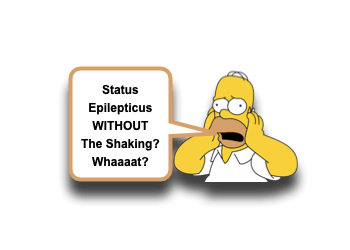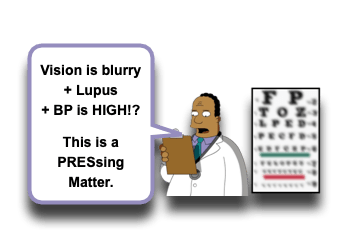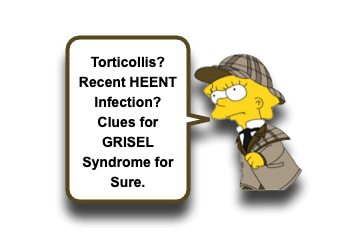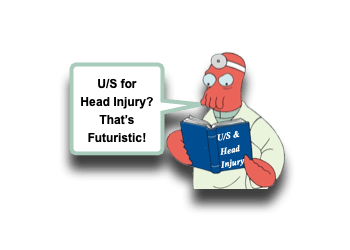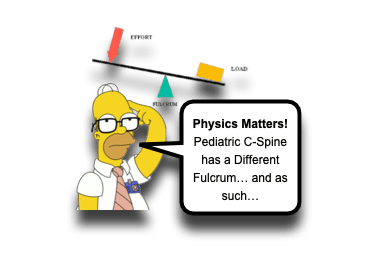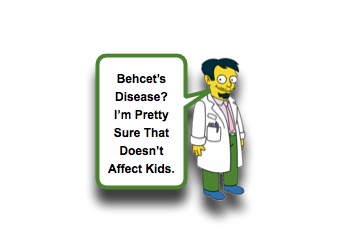Hyperammonemia
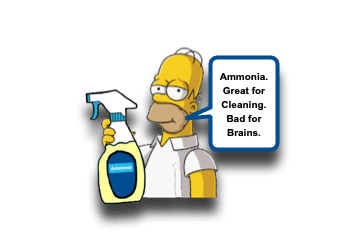
The child with altered mental status certainly grabs our attention (rightfully so) and we have discussed several related topics. We often consider the infectious concerns (ex, Encephalitis, Meningitis, Sepsis) and traumatic etiologies (ex, head injury, hemorrhagic shock). We are always…


